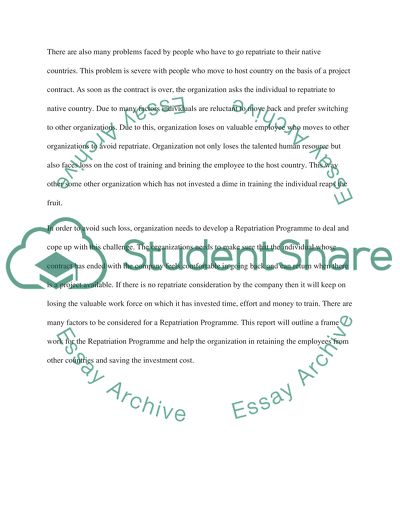Cite this document
(“International human resource management Assignment - 1”, n.d.)
International human resource management Assignment - 1. Retrieved from https://studentshare.org/human-resources/1644005-international-human-resource-management
International human resource management Assignment - 1. Retrieved from https://studentshare.org/human-resources/1644005-international-human-resource-management
(International Human Resource Management Assignment - 1)
International Human Resource Management Assignment - 1. https://studentshare.org/human-resources/1644005-international-human-resource-management.
International Human Resource Management Assignment - 1. https://studentshare.org/human-resources/1644005-international-human-resource-management.
“International Human Resource Management Assignment - 1”, n.d. https://studentshare.org/human-resources/1644005-international-human-resource-management.


